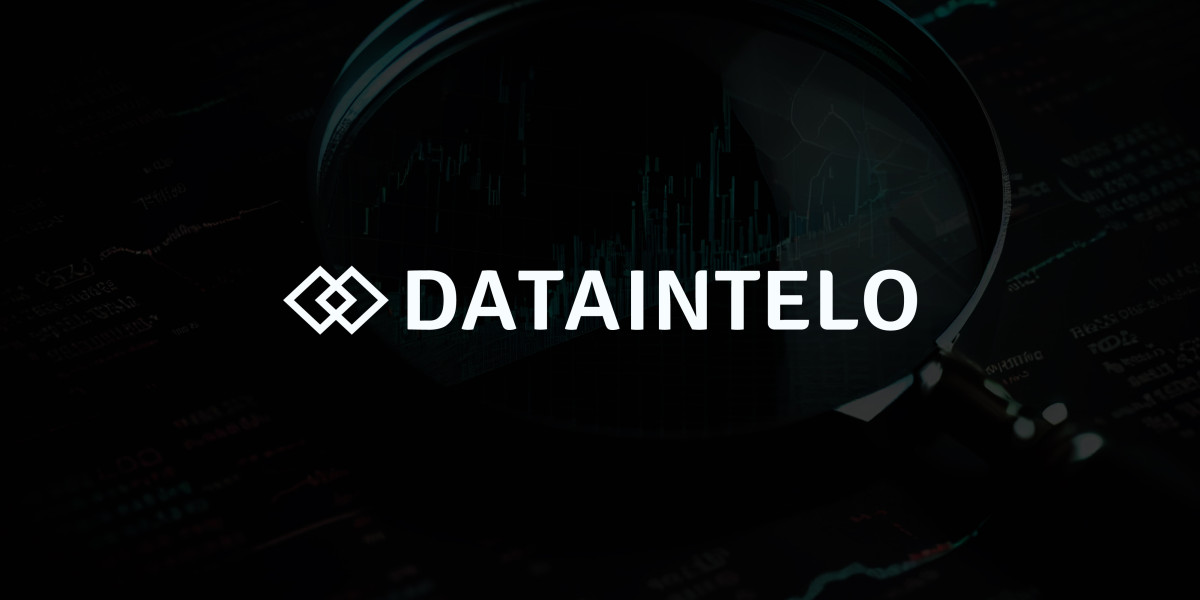According to the latest market research from Dataintelo, the global Iridium Market was valued at USD 375.1 million in 2024 and is projected to reach USD 707.3 million by 2032, expanding at a robust CAGR of 8.2%. Japan, a critical player in the global market, is expected to account for over 18.5% of the total market share by 2027, driven by the nation's advanced manufacturing capabilities, particularly in the electronics and automotive sectors.
Market Overview & Future Outlook
Iridium, a rare and highly durable metal, is increasingly in demand across industries such as electronics, automotive, chemicals, and renewable energy. With its high resistance to corrosion and ability to withstand extreme temperatures, iridium is pivotal in the production of fuel cells, electrical contacts, and specialized catalysts. The global iridium market, which was valued at USD 375.1 million in 2024, is projected to grow at an 8.2% CAGR, reaching USD 707.3 million by 2032.
Request a Sample Report: https://dataintelo.com/request-sample/230819
Japan’s Growing Role in Iridium Market
Japan’s share in the global iridium market is expected to increase significantly, with the country’s consumption reaching an estimated 18.5% of the global total by 2027. Japan’s strength in electronics manufacturing, automotive innovation, and its leadership in hydrogen fuel cell technology are key drivers behind this expansion.
Key developments in the region include Japan’s push towards clean energy solutions, such as hydrogen-powered vehicles, which rely on iridium for their fuel cell production. With increasing demand for environmentally friendly technologies, Japan’s role as a hub for iridium consumption is poised to grow substantially.
Segmentation Analysis: Key Trends and Insights
By Region: Japan Emerges as a Leading Player
Japan’s iridium imports increased by 7.8% YoY in 2023, with the country showing strong demand from its electronics and automotive sectors. Major hubs like Tokyo and Osaka are the primary consumers of iridium, accounting for nearly 45% of the national demand. This growth is supported by the Japanese government’s initiatives to reduce carbon emissions, particularly through the adoption of hydrogen fuel cells in transportation and industrial applications.
By End-Use Industry
Iridium's primary use lies in the production of high-performance catalysts and electrical contacts. In 2024, the automotive sector dominated iridium consumption with a 39.2% market share, driven by advancements in fuel cell electric vehicles (FCEVs). The electronics industry follows closely, contributing 30.1% to the global iridium market, largely due to iridium’s role in manufacturing precision electronic components.
By Application: Fuel Cells Drive Demand
Fuel cell technology, particularly in automotive applications, is a significant driver of the iridium market. As of 2024, fuel cell production accounted for 41.6% of global iridium demand, with the automotive sector at the forefront. Japan’s leadership in the development of hydrogen fuel cell vehicles further strengthens its position in the global market.
View Full Report: https://dataintelo.com/report/global-iridium-market
Market Drivers, Restraints, and Opportunities
Key Drivers
The surging demand for hydrogen fuel cell technologies is a major driver of growth in the iridium market. With the global shift towards clean energy, particularly in transportation and industrial applications, the demand for iridium has skyrocketed. Japan’s aggressive adoption of hydrogen-powered vehicles, along with its government-backed green energy initiatives, is expected to accelerate this growth.
Restraints
The supply of iridium remains constrained due to its rarity, with mining operations concentrated in just a few regions worldwide, including South Africa and Russia. This scarcity leads to price volatility, which may hinder market growth. Additionally, geopolitical tensions, particularly in regions like Eastern Europe, could impact the global supply chain.
Emerging Opportunities
There is substantial growth potential in the emerging markets of Southeast Asia and Latin America, where clean energy technologies are rapidly gaining traction. Japan’s role as a technology exporter and innovation hub could provide strategic opportunities for iridium suppliers to expand their footprint in these regions.
Competitive Landscape: Consolidation and Innovation at the Forefront
The global iridium market is highly concentrated, with a few key players dominating the supply chain. Leading companies are focusing on technological innovation, strategic mergers, and acquisitions to stay ahead of the competition. Japan’s companies, including manufacturers in the electronics and automotive sectors, continue to drive the demand for iridium in advanced technologies like fuel cells.
Recent Developments
In 2023, Japan introduced new policies to incentivize the use of iridium in fuel cell technology, providing subsidies to companies engaged in the development of hydrogen fuel cell systems. Additionally, a joint venture between Japan’s Toyota and several European firms is expected to increase the use of iridium in the production of hydrogen-powered vehicles, further boosting market demand.
Check Out the Report: https://dataintelo.com/checkout/230819
Related Reports:
- Zeolite Membrane Market – https://dataintelo.com/report/zeolite-membrane-market
- Global Zinc Formaldehyde Sulfoxylate (ZFS) Market – https://dataintelo.com/report/global-zinc-formaldehyde-sulfoxylate-zfs-market
- Global Zirconium Dioxide Market – https://dataintelo.com/report/global-zirconium-dioxide-market
Contact Information:
Dataintelo Research
Email: sales@dataintelo.com
Phone: +1 909 414 1393
Website: www.dataintelo.com



